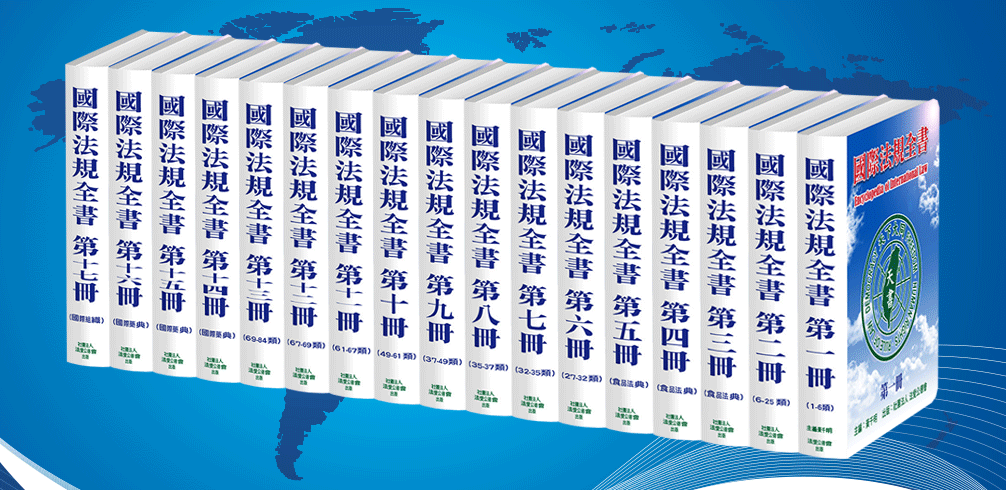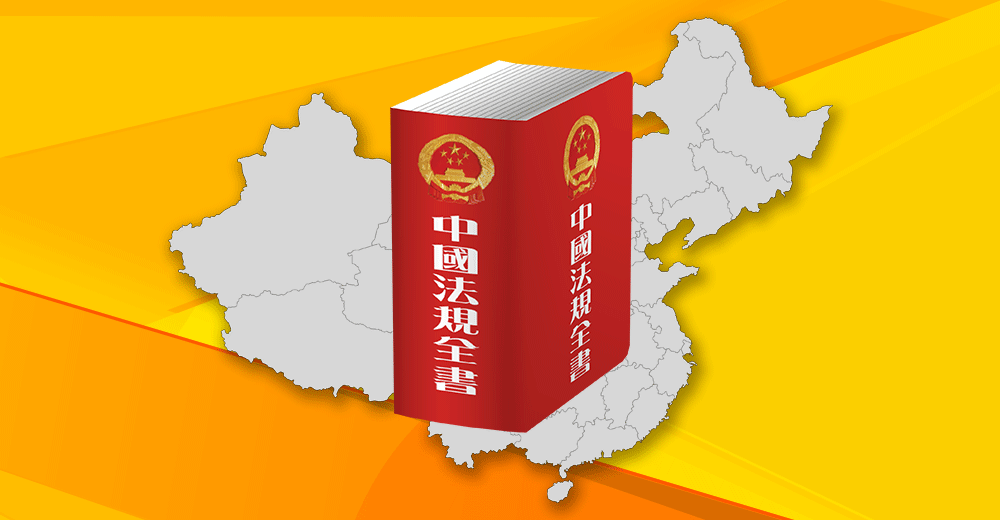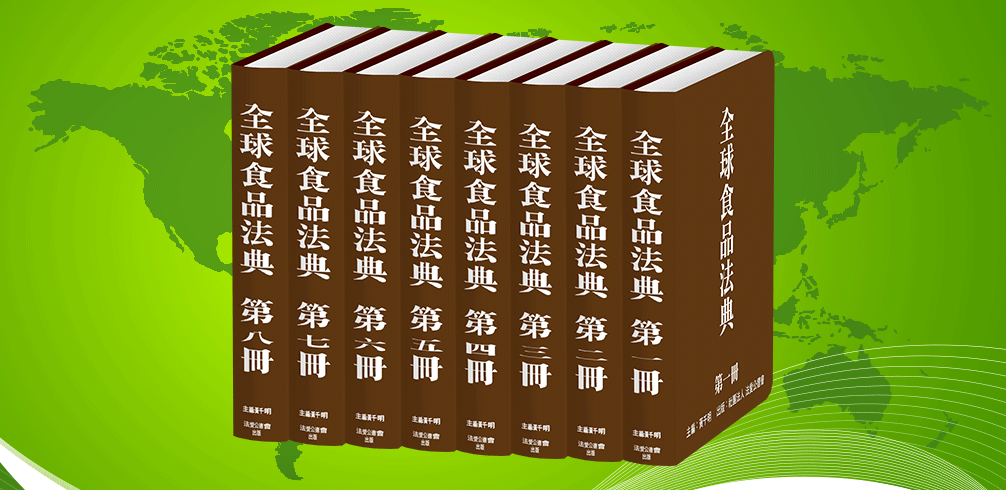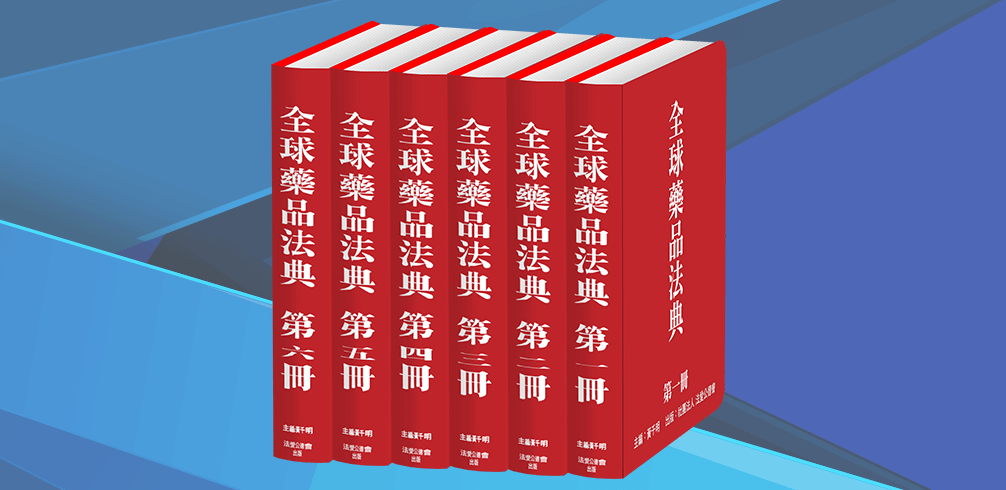The Charter for Permanent Peace
Chapter I: Rights and Obligations of the People Definitions and Positions
Issues
Who abducted our freedom and dignity? Who is suppressing our national sovereignty? Who is spending big money to manipulate elections? Who is emptying the treasury of our nations and collaborating with overseas powers? Who is suppressing our room in international relations and development? Who is the enemy of permanent peace and development? The answer is not ‘someone else’. It is the “party”: the ruling party in a government supported by the hard-earned wages of taxpayers. This is not merely something that was true in the past; it is still very much a reality today.
Therefore
The Charter for Permanent Peace /Global Unity Constitution(including Constitutional Order, the Source of National Power/Constitutional Principles of Distributive Justice/ World –changing Constitutional Law /An All-round Strategy for Constitutional Legislation...) Article One, Standards of Freedom – this is mainly intended to address the general principles behind the Charter for Permanent Peace, namely, development and innovations of freedom, laying out basic constitutional principles to serve as guidelines, guarantee clauses, binding clauses and delegation clauses, elements that make up the core structure of the universal constitution, and places the ideals of a common destiny for all humankind firmly on the ground in [Taiwan]. There, then will take root and grow into a model for a peaceful planet and system. According to the Freedom House Annual Report, the people in more than half of the countries around the world are not free. For this reason, the oppressed people of [Taiwan] and elsewhere, including the people of the 50 countries1whose people are still constrained and shackled, have only their chains and iron curtains to lose. In return, they stand to gain the unfulfilled goal of the United Nations —Greater Human Freedom.
Implementation:...Link to Full Text Article
Article 2 Democracy under Unity
Preface
Who is behind the internal and external blockades imposed on our nation and not leaving us a way forward? Who is usurping our human dignity and the sovereignty of our people? Who is colluding with totalitarian powers to tighten our chains and put us behind the iron gates of an authoritarian regime? Who will not let us take part in global governance? Who does not allow us to show that that we fully capable of functioning in global circles and selecting the good and capable for the public? Who is the enemy of permanent peace and development? The answer is not ‘someone else’. Rather, it is the “party”: the ruling party that is supported by the hard-earned wages of our taxpayers.
Therefore
We Offer The Charter for Permanent Peace /Global Unity Constitutional Standards (Contents: Constitutional order as the source of power / Constitutional principle of distributive justice / Constitutional law to change the world / Constitutional art of war and all-inclusive strategy...)
The main point of Section Two regarding democracy and common prosperity is that human civilization has progressed to the age of global village in the present day, and the idea of global government as one nation and one family of human beings is a political entity that can and should be realized. This political entity both interprets and implements international law.
In fact, global government has simply added one administrative level above existing states. Most people would consider such international agencies as the United Nations, the International Criminal Court, the International Criminal Police Organization, the International Monetary Fund, the World Trade Organization, the World Bank, the World Health Organization, the Universal Postal Union, the International Olympic Committee, the International Hydrographic Organization and the World Conservation Union, as well as various supranational groups including the European Union, the African Union, the Organization of American States, the Union of South American Nations, and ASEAN, as prototypes for a global government.
Any solution for current international political dilemmas and peaceful development should be based on changes in domestic political systems to create a set of system of peaceful development under which the human race can function and prosper eternally under one world, making the whole world a global village linked by law and rationality. This section presents ten general and constitutional principles that has a far-reaching impact on the structure of the system. It proposes a method for combining ancient and modern rules for permanent peace and development for all nations and a model for the great ideal of a common destiny for all humankind.
The 21st century will be a watershed that determines whether the future will bring democracy or despotism, peace or the destruction of mankind, [Taiwan] is a lighthouse for human democracy and the democratic salvation of 1.4 billion Chinese. Because the barriers with China represented by language and culture are minimal, [Taiwan] is the entity best suited to spur the CCP to accept democracy and urge China to lead the world to Global Unity. This guideline for permanent peace and a universal constitution follows various political threads through history and seeks to put an end to various nationalist conflicts experienced by humankind.
One lesson learned from history is the step-by-step process of forming a family, building a business and finally constructing a national government. If we pay attention to hardware only and ignore software, there will be blind spots and vacuums. The world’s democracies should support the model offered in [Taiwan’s] Charter for Permanent Peace and compare the advantages and disadvantages of various constitutions to eliminate blind spots and fill in the vacuums. This will further attract the Chinese people to bravely strive for democratization and force Russia to adopt democracy as well, eventually leading to liberation of the people still suffering under 50 authoritarian regimes. This will quell civil unrest and end the threat of destructive and unpredictable nuclear war.
Accelerating the civilization of [Taiwan] into the next century through The Charter for Permanent Peace is not an unattainable dream; rather, it is a realizable legal ideal. The people of [Taiwan] and the more than half of the world’s population suffering under despots have nothing to lose but their chains and iron curtains. With no other sacrifices, they can carry out the unfulfilled ambition of the UN — true democracy for all humankind.
Implementation:...Link to Full Text Article
Article 3 Human Rights under Unity
Preface
We begin by asking: Who is depriving us of our human dignity? Who is kidnapping our national sovereignty? Who is suppressing our window on the world? Who is the enemy of our human rights and peaceful development? The answer is not someone else. It is rather our “own self”1in the form of the party government supported by the hard-earned dollars of taxpayers. Secondly, it must be noted that peace is not judged by whether or not we are in a state of war; it must be understood from the perspective of human rights. Finally, we must declare that peace will only be achieved under the premise of ensured human rights, and there are universal constitutional standards to guarantee human rights standards.
Therefore,
The Charter for Permanent Peace /Global Unity Constitutional Standards(contents: Constitutional Standards for Ensuring Human Rights Standards/Constitutional Principles for the Allocation of Justice/Constitutional Order For the Development of National Power/ Constitutional Law with Comprehensive Strategy...) The main purpose of Article 3 is to try to establish a set of universal standards and conditions. The standard terms of human rights are included in the Charter together with all human rights protections in the world (see §3.2), in order to form a "living law" (living constitution) rather than simply compiling the usual list of human rights — a waste of money , time and effort that does not help keep up with the times. An incomplete constitution, or outdated and rigid construction, also undermines its effectiveness and undignifies the constitution.
With regard to the arrangement of this charter and the need for countless revisions in the face of changing times, the universal core values and state core organizations are covered in eight sections. Each item, section, and title of the charter can be filled in accordance with the needs of the times. This will not affect the strictness and elegance of the overall rankings, and can be clearly quoted, just as there are only seven articles in the original US constitution, and no changes have been made in the body of the document in more than two hundred years of existence. During that period, some 27 amendments have been made to the Bill of Rights, none of which has affected the protections offered for the rights of the American people. .
We also recognize that constitutions generally stipulate the rights of the people and restrictions on the government. The most important thing is the reference in the section on the executive branch to human rights and common law: the “Supranational Committee for Human Rights Actions and Citizenship Exercise”; half of the members of this committee must be of different nationalities. Human rights agencies recognized by the world have developed complete and comprehensive standards for permanent peace and human rights, and the ideal of the community for human destiny has taken root in [Taiwan]. For this reason, the people of [Taiwan] and the more than half of the world’s population suffering under despots, including people in the 50 countries2where freedom remains shackled, have nothing to lose but their chains and iron curtains. They will lose nothing while winning world-wide human rights protection and lasting prosperity under a world capital.
Implementation:...Link to Full Text Article
Article 4 The Rule of Law under Unity
Preface
"What is a law?" "Laws exist to ensure justice." If laws and justice only passively protect those who understand the law, why not let the law take the initiative to protect everyone? Since the law represents justice, why not let people use global laws to compare levels of justice? Since the law is the lowest level of morality and the nation represents overall morality, why not let people compare laws to compare the morality of various nations? Since the law is a means of maintaining civilization and advancing civilization, why not let the law restrict the risk of destroying civilization posed by nuclear weapons? Who outlawed direct protection of the people by international law? Who buried our values and wisdom in the rule of law? Who has kidnapped us for seventy or eighty years with a vile constitution? Who denies us relief from our hardship and humiliation? The answer is not someone else. It is rather our “own self” in the form of the party government supported by the hard-earned dollars of taxpayers.
Therefore,
The Charter for Permanent Peace/Global Unity Constitutional Standards(Contents: Constitutional Standards for Ensuring Human Rights Standards / Constitutional Principles for the Allocation of Justice /Constitutional Laws that Affect the World’s Constitutional Principles/Constitutional Order for the Distribution of National Power / Constitutional Law with Comprehensive Strategy (Draft).The purpose of Article 4 is to ensure that everyone understands law and justice, how to master universal justice and morality, and the need to promote civilization and peace. The state should consider the Permanent Peace Partnership as a model for study. All human laws and regulations are included in the comparative database. Simply enter a keyword in the search box and all relevant global regulations will be presented simultaneously to form a prototype for use in One World under One Set of Laws and outline the necessary conditions for achieving permanent peace.
This charter is based on the supranational, national, sub-national and micro-national hierarchy as defined by the UN Global Governance Committee, and is presented as a new guide for the world in terms of natural law, peremptory norms, international law, and the laws of all nations. It is a response to a demand from humankind that has existed for more than two millennia: "The law must conform to all standards of nature, justice and morality as well as freedom, democracy, and human rights." This means crafting a set of permanent standards for a human-sustainable peace system. This "request" itself proves that this is a global-scale action that is worthy of our sacrifice: "A charter for permanent peace and all the truths in heaven and on earth," rather than simply a definition of peace system for the coming millennia.
In terms of policy, we must get past old ways of thinking by traditional leaders who worked to consolidate power to control the people, and strive instead to accept international law or the laws of other countries. It is up to the executive to make this choice by opting for a system with a feature for “+ addition laws”. The era of the global village calls for integration of laws from all legal systems world-wide, giving the people the right to choose, with the nation retaining the right of refusal. This will lead to continuous integration and introspection among human beings and the development of a system with the “- subtraction law” function. The ultimate result will be a set of universal laws incorporating the world’s best legal standards and devices.
As for behavior, we must emphasize rule of law instead of rule of man. This means no more pronouncements by big headed jurists who work as "the dictator's voice," the big entrepreneurs who "applaud for the autocrat’s decentralization of power" or politicians and media scholars who try to please the totalitarians - they are all partners in crime and beneficiaries of the system. Do not sell your soul and allow others to control your own body. Trust your eyes and hands, because none of the individuals, groups, or countries that you hear or see rank as high as the millennia of wisdom you hold in your hands. Put your trust in the wisdom.
In the end, the law has its own purposes and knows the values it must uphold. To this end, the people of [Taiwan] and the majority of the oppressed people, including the people of the 50 countries whose citizens are the world’s last souls still in shackles, have nothing to lose but their chains and iron curtains. They will lose nothing else while achieving the sacred land for rule of law for global unity. They and their fellow believers shall be angels for the rule of law. They will lead humankind to global law, from individual dreams to national dreams and on to worldwide dreams and finally into the next era with its promise of eternal blessings. This will assure that no nuclear weapons will threaten to destroy civilization, while permanent peace will be carried out, and all people will live the Truth- permanent peace.
Implementation:...Link to Full Text Article








